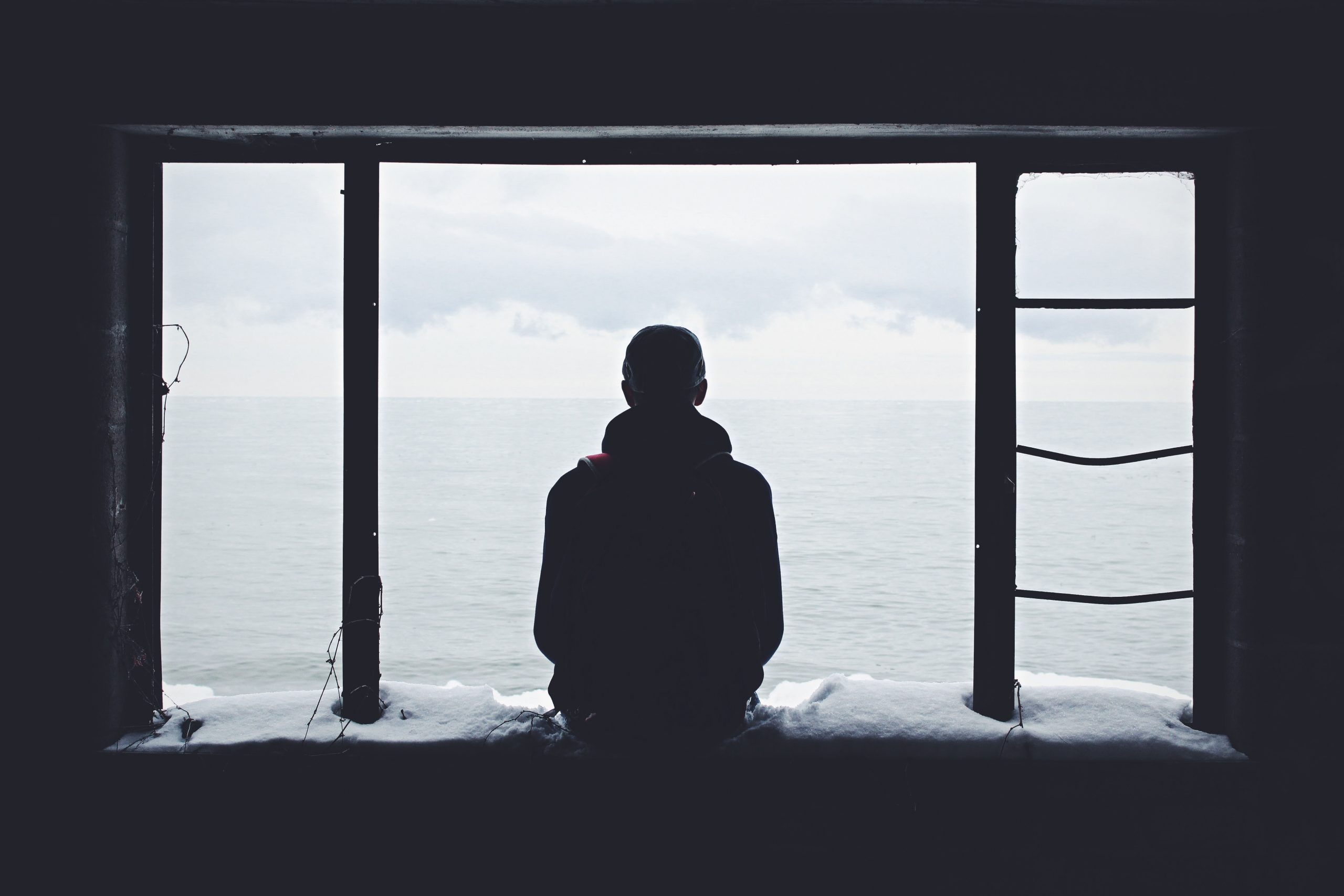Being isolated is one of the most difficult experiences we have now all endured. Some have had an easier time with it than others, so we will look at how to make the best of it. By having everyone experience isolation during the pandemic, we have opened the door to the conversation on the impacts it can have for those experiencing long-term isolation. It has also opened our eyes to be prepared for the unexpected.
The New Normal
The pandemic forced entire nations around the globe to impose strict isolation regulations, or quarantine, to try and limit the spread of the Covid-19 virus. In many jurisdictions this proved effective to lower the curve and get a handle on cases. As soon as re-opening measures were implemented, we started to see another climb. After repeated waves and years after the initial case was identified, variant mutations continue to surface, but we have learn to live with it. Jurisdictions continue to recommend isolation when testing positive for the virus, but now we can be better prepared to deal with the effects.
We are also more aware that other diseases or situations could lead to isolation in the future. That can be scary. By preparing for it, you can manage what you can control when these external factors surface.
Living With Restrictions
Isolation is something that is usually imposed on us by external factors, whether that be tied to a pandemic, incarceration, living in remote areas impacted by weather, or poor health. We need to remember that when we feel despair, it often is not something in our control. So how do we get around it? We don’t. We must learn to live within those restrictions. You can’t change the situation, but you can change your response to the situation. Focus on how you can make the best of it. I often tell my team at work that limitations can fuel creativity, and often force us to think outside-the-box, so don’t look at it as a battle you’ve already lost.
Make An Isolation Plan
Continued isolation is a reality for many. In cold winter months when the snow has settled in for those that experience northern winters, it can be harder to spend time outdoors. For others, life circumstances can dictate limits on interactions with others. This makes the effects of isolation harder to endure, physically and mentally. Preparation is key. First, review what you have at home and ensure you have some key items that make sense for you:
The Staples
Have food in your pantry to deal with an emergency isolation to get through a few days. Alternatively, have a plan for getting food from someone or a delivery service if those services are available in your area. Make sure your prescription medications are up-to-date, and ensure you have a basic emergency kit.
Brain Tools
You will need access to learning tools, such as books or online access to materials. Supplies for creating like pencils, paper, colouring books, or crafts like knitting or sewing, or a model to build. Tools for fun activities, such as brain puzzles, a deck of cards, or board games. And finally, tools for calming your brain. These can include a mediation app, candles to change the mood, essential oils if you use them, and a quiet space to be alone.
Exercise
Finding a way to get active is crucial. There are lots of videos online you can follow for exercise activities at home. Go for a walk if you are able to. Have resistance bands and light weights to build or keep some muscle. Consider adding yoga to your routine to strengthen your body and mind.
Stay Connected
Maintain contact with friends, family and colleagues during this time. Whether that be a quick text, a phone call, an email, an online video visit, or even a hand-written letter. Find a way to reach out to stay connected. When lives are disrupted, that doesn’t mean we can’t connect. We are fortunate to live in a time when our options are plentiful, and if anything, when facing challenges is when we need connections the most. Don’t waste countless hours scrolling through social media, it will do you more harm than good.
What’s your isolation plan?
View isolation as the framework that has been given to you. Now how you work around that is up to you. Review what you need to have in your home to deal with these circumstances. Have your emergency supplies on hand, plenty of food, things to keep you engaged, and tools to keep you moving. Don’t let the cold days of winter stop you from enjoying a walk in the neighbourhood so you can enjoy a little sunshine and some fresh air. Focus on what is in your control during isolation and make it your own time to be more reflective, grow, and nurture your relationships.
IMAGE CREDIT: Unsplash | Noah Silliman.

